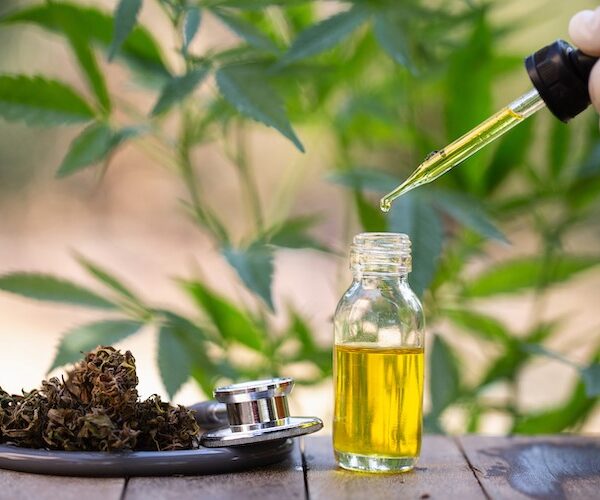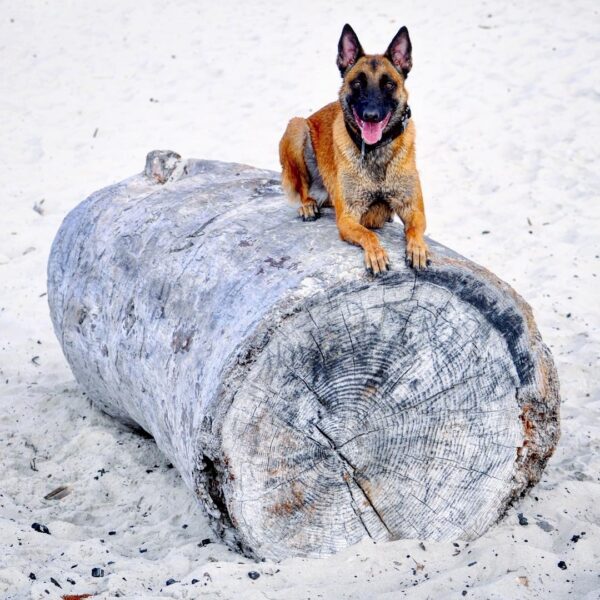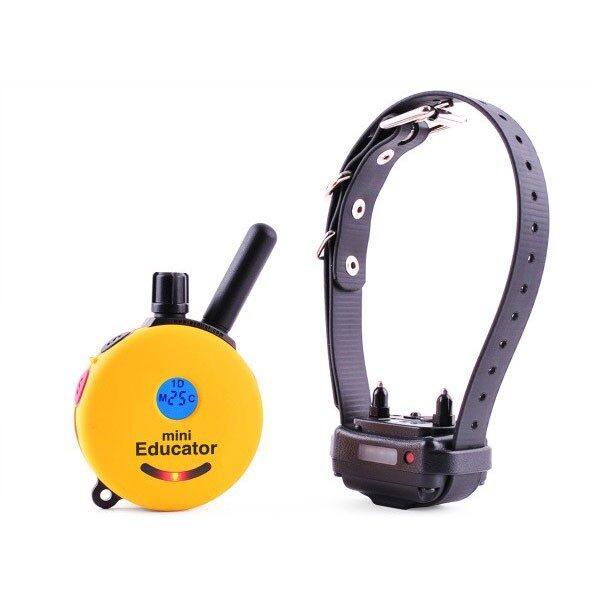As we enter the cold winter months, both the quantity and quality of grass deteriorates, which can lead to weight loss for your horse. For horses that are good do-ers, winter offers the ideal opportunity to help them lose a few extra pounds. However, for horses that struggle to maintain their weight all year round, winter can be a worry for their owners. There are many reasons horses lose weight but don’t worry as we have top tips from the UK’s favourite horse feed supplier to help you keep your horse in top condition this winter.
Knowing If Your Horse Has Lost Weight
It’s important that you regularly check your horse’s weight and keep a record so you can see if there has been an increase or decrease. If you add the date when you record their weight, then you should be able to identify the reasons for the weight loss, such as an increase in work or travelling to competitions. To know your horse’s weight, you can use a weigh-tape or weighbridge. To determine the condition of your horse, you can body condition score them.
Body condition scoring uses a system where you need to assess your horse’s fat stores on different areas of his body. To do this, we recommend you:
- Use a scale from 0 – 5, where 0 is emaciated and 5 is obese. Your horse’s ideal score will be determined by their workload and any disease issues that they have such as laminitis or EMS.
- Feel their crest for any fat forming. Watch your horse walk from behind – if their crest moves or wobbles then it’s fat rather than muscle!
- When touching the ribs, you should be able to feel them on a light touch, but they shouldn’t be clear to see. Additionally, you don’t want the horse to look tucked up through his abdomen.
- Feel the point of hip and croup for a healthy layer of fat under the skin. The bones should have a light covering of fat.
- Looking at the horse from behind, you should see the quarters slope away from the croup not rise up to create a gutter along the spine – what’s commonly known as an apple bottom!
By identifying where your horse is on this scale, you can determine your plan of action, including what feed to give your horse and the work they need to be in.
Encouraging Weight Gain
In order for your horse to gain weight, they need to consume more calories (energy) than they use. A good place to start when looking to help your horse gain weight, is evaluating how much and what you currently feed. In some cases, you may only need to increase the amount you are feeding your horse, as opposed to altering what you are feeding them.
When the grass deteriorates in the winter, it’s important that you provide your horse with an alternative forage! Horses are trickle feeders and therefore need to eat almost continuously throughout the day. Providing ad-lib forage in their field will help to keep them eating even if grass is covered in frost or snow.
Putting Weight On Without the Fizz
A concern most horse owners often have when looking at their horse’s diet to promote weight gain is that their horse may become more excitable and fizzy. Over the winter there can be a variety of different factors that contribute to horses being full of energy so it’s not always just because you’re feeding your horse more. Due to turnout being restricted which results in increased stable time for your horse, they may end up being fresher than usual the next time you ride. When you introduce a feed higher in energy to promote weight gain, it’s imperative that you do so gradually, in order to prevent problems such as colic, but also reduce the chances of them being fizzy. When choosing a feed to give your horse to gain weight, look at the type of energy the feed contains; slow release energy from fibre and oil is less likely to encourage over-excitable behaviour, instead of quick-release energy from cereal grains.
Keeping Condition
For poor doers that are also fussy eaters, it can be difficult to keep condition and weight on. By feeding your horse ad-lib forage, it not only helps to keep your horse warm when the temperature drops, but also provides slow release energy. Horses need to consume around 2% of their body weight every day in order to maintain their condition. With this in mind, the majority of a horses’ diet should consist of forage, which is either hay, grass or chopped fibre. If possible to encourage your fussy horse to eat, split the daily ration up in to smaller meals spread out over the day to avoid over-facing your horse. Provide a variety of forages to also encourage your horse’s natural foraging behaviour.
So, if you have a horse that is under weight in the winter, don’t worry as there are a variety of ways to help your horse gain weight. From the food you’re feeding them, to wrapping them up warm and even checking they are up to date with vaccinations, worming and have recently had their teeth done, so they can easily eat.
Image Credits: Kenny Webster




Like this article? Share with your friends!